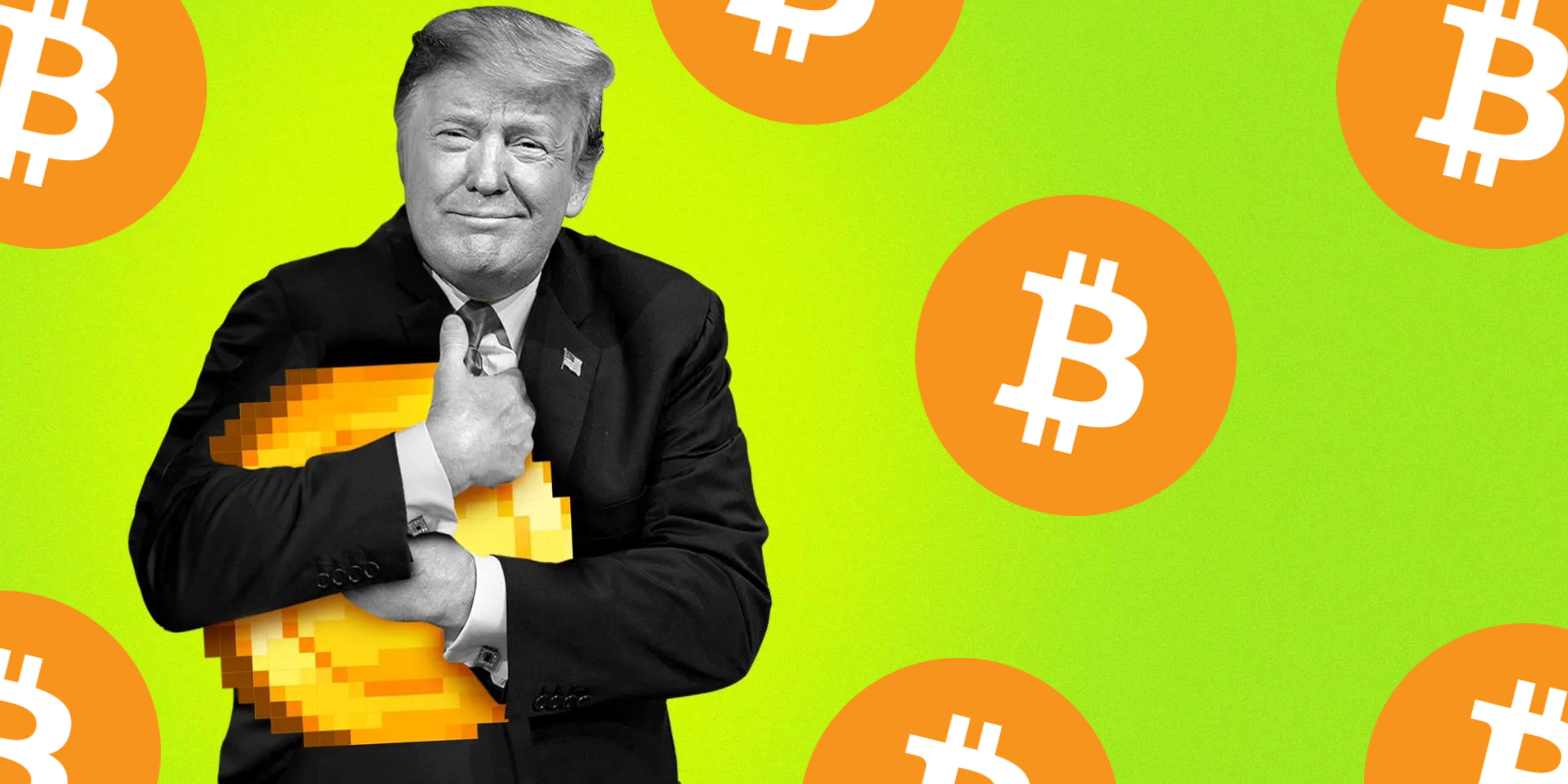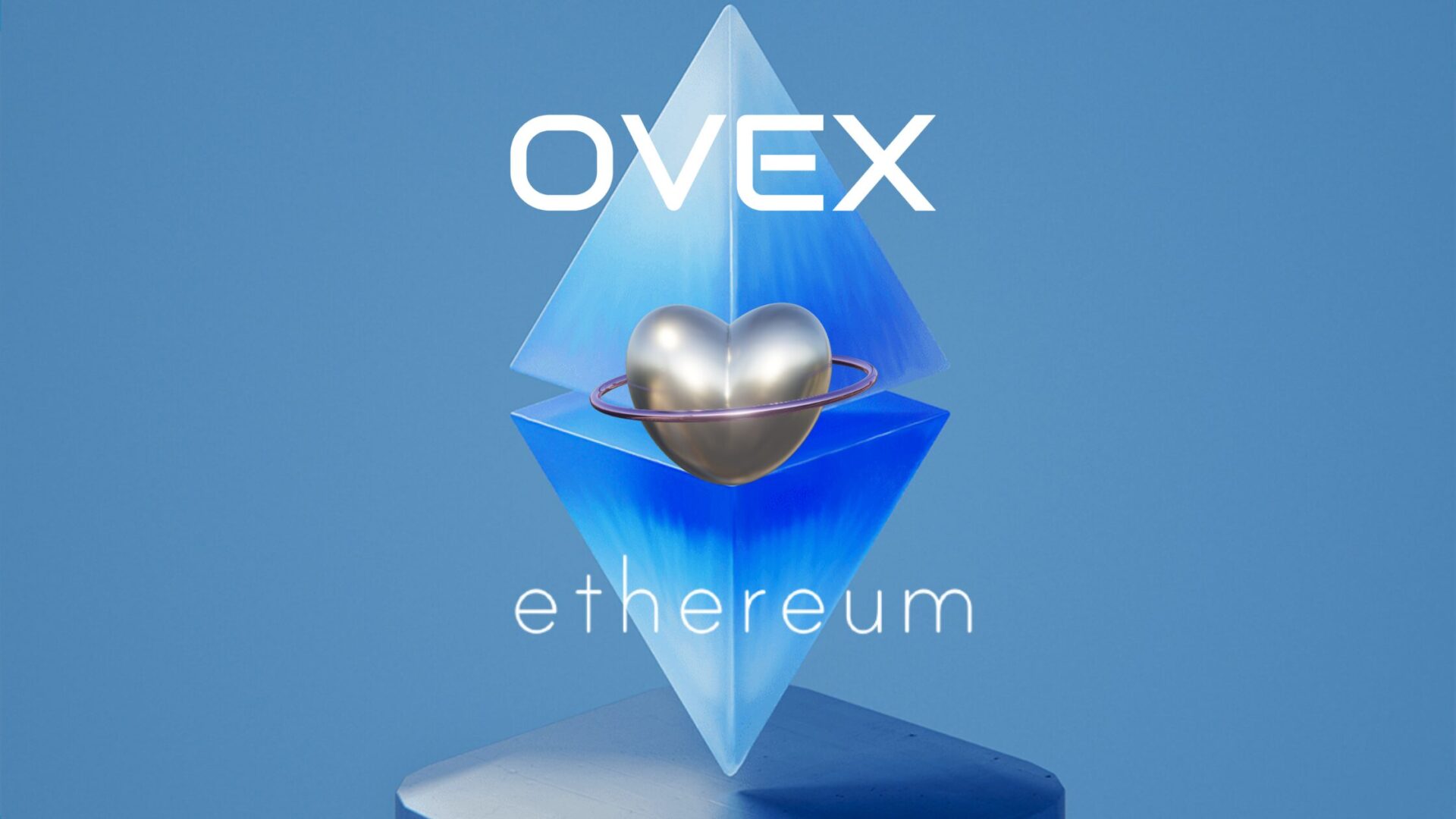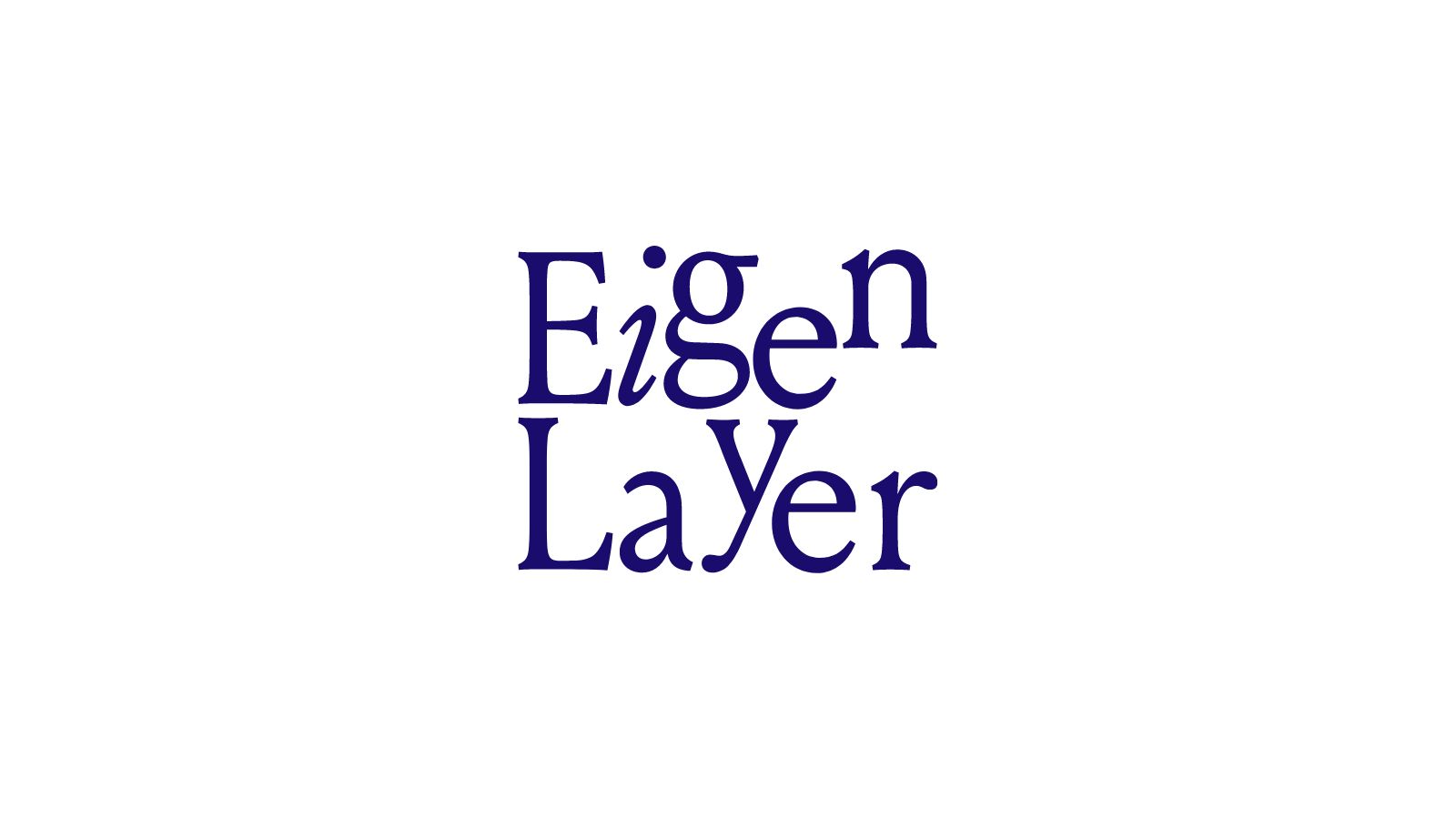The approval of Spot Ethereum ETFs by the U.S. Securities and Exchange Commission (SEC) marks a watershed moment for the cryptocurrency industry. This milestone paves the way for major financial institutions and everyday investors to access Ethereum through more traditional investment channels. As the market eagerly anticipates the commencement of trading, the potential impact on Ethereum’s price, legitimacy, and the regulatory landscape of the crypto-sphere in its entirety are coming into sharp focus.
The Impact of Spot Ethereum ETF Approval on the Ethereum Ecosystem
The price of Ether has continued to rise ahead of the pending Ethereum ETF launches. The SEC has approved the 19b-4 forms for the Spot Ethereum ETFs from major financial institutions such as BlackRock, Fidelity, Grayscale, Bitwise, VanEck, Ark, Invesco Galaxy, and Franklin Templeton.
Although this approval is a significant milestone, actual trading of these ETFs cannot commence until all applicant S-1 registration forms become effective. The muted Ethereum price action following the announcement suggests that those who anticipated the news had already positioned themselves. However, the influx of capital once these ETFs start trading could be the catalyst for further price appreciation.
Ethereum experienced a significant rally as excitement around potential approval of Spot ETFs began playing out with major players listing ETF tickers on the Depository Trust and Clearing Corporation website. Since 19b-4 approvals, however, little action has taken place as issuers wait eagerly to have their S-1 registration statements processed so that they can commence trading. As a result ETH is has been underperforming attracting even more ETF bulls and resulting in frequent and large liquidations on leveraged longs. A similar pattern was observed pre Bitcoin ETF approvals and is a result of speculators hoping to profit off volatility in the run up to the event.
There is no doubt that the recent crypto ETF developments mark a significant step forward for the industry as a whole, raising several important questions:
SEC’s Accommodative Stance on Cryptocurrency
Firstly, this approval is a clear indication that the SEC is beginning to take a more accommodative stance towards cryptocurrency. This pivot has occurred so suddenly that even crypto lobbyists were caught by surprise. How did this shift happen, especially after years of relentless hostility from the Biden administration and SEC Chair Gary Gensler?
Behind leaders with an unfavorable stance towards crypto, there are those within the SEC and the broader U.S. government who believe in the industry’s potential. This changing sentiment is exemplified by the U.S. Senate joining forces with the House of Representatives to repeal the controversial SEC crypto policy known as Staff Accounting Bulletin No. 121 (SAB 121). Despite President Joe Biden’s vow to veto the resolution, this legislative action signifies growing bipartisan support for pro-crypto policies.
SAB 121 required companies holding customer cryptocurrencies to record them on their balance sheets, which could have significant capital implications for banks working with crypto clients and stifle innovation. The repeal of this policy suggests that pro-crypto sentiment is gaining traction within the White House and Congress.
The Implications for Ethereum
What will happen to Ethereum once trading of these ETFs actually begins? Here are some potential outcomes:
- Increased Institutional Participation: Large financial institutions, such as banks and investment firms, will be able to purchase Ethereum through the ETF. This could lead to significant capital inflows and increased demand for Ether.
- Simplified Investment for Retail Investors: The approval of the ETF makes it easier for individual investors to gain exposure to Ethereum without navigating complex cryptocurrency exchanges. This increased accessibility could drive broader adoption and investment.
- Legitimization and Trust: The approval of a Spot Ethereum ETF signals that Ethereum is seen as a more legitimate and trustworthy asset. This could enhance its reputation and attract more conservative investors who were previously hesitant.
- Potential for Increased Regulation: With greater institutional and retail participation, Ethereum could face stricter regulations and oversight from government agencies. While this could add a layer of security and stability, it might also impose new challenges for the Ethereum ecosystem.
Conclusion
The approval of Spot Ethereum ETFs by the SEC is a landmark event that could have far-reaching implications for the Ethereum ecosystem and the broader cryptocurrency market. It reflects a significant shift in regulatory attitudes towards crypto and opens the door for increased institutional and retail participation. As trading begins, the influx of capital and heightened legitimacy could propel Ethereum to new heights, although it will also likely attract increased regulatory scrutiny. This evolving landscape presents both opportunities and challenges for the future of Ethereum and the crypto industry as a whole. It is important to stay updated and take advantage of opportunities as and when the present themselves.














